10 sustainable materials for corporate gifts explained

At Greengiving, most products are made from sustainable materials that come directly from nature and are biodegradable. However, there are still some differences between these materials that are not always easy to explain in a simple product description. So, what exactly makes wood, bamboo, cork, wheat straw, RPET, cotton or jute sustainable? In this blog, we’ll take a closer look at these widely used materials. Keep reading!
1. Wood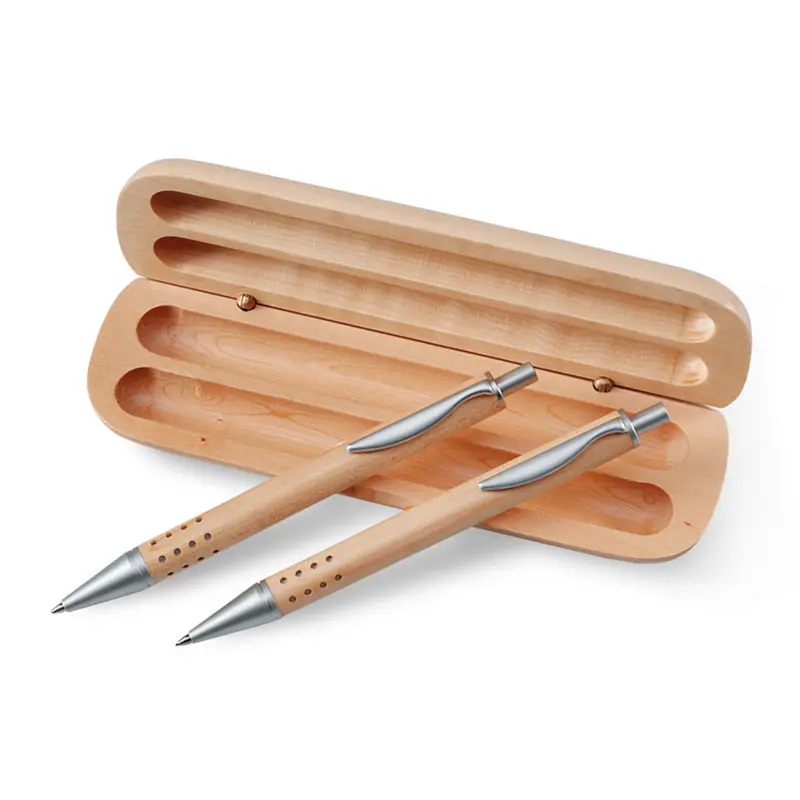
Wood from sustainably managed forests is highly eco-friendly, as trees absorb CO2 and produce oxygen. By replacing a harvested tree, you help prevent deforestation in that area. That is the principle of FSC-certified wood. The strength of wood makes it a popular material – for example, for wooden pens or USB sticks.
2. Bamboo (fibre)
Although many people think bamboo is a type of wood, it isn’t. In fact, it’s a type of grass – but one that grows tall, strong, and incredibly fast. It can be harvested repeatedly in quick succession, which makes it a sustainable choice. In addition, bamboo is pest-resistant and requires relatively little water. This versatile material can be used in countless ways, and we therefore offer a wide range of bamboo business gifts.
3. Cork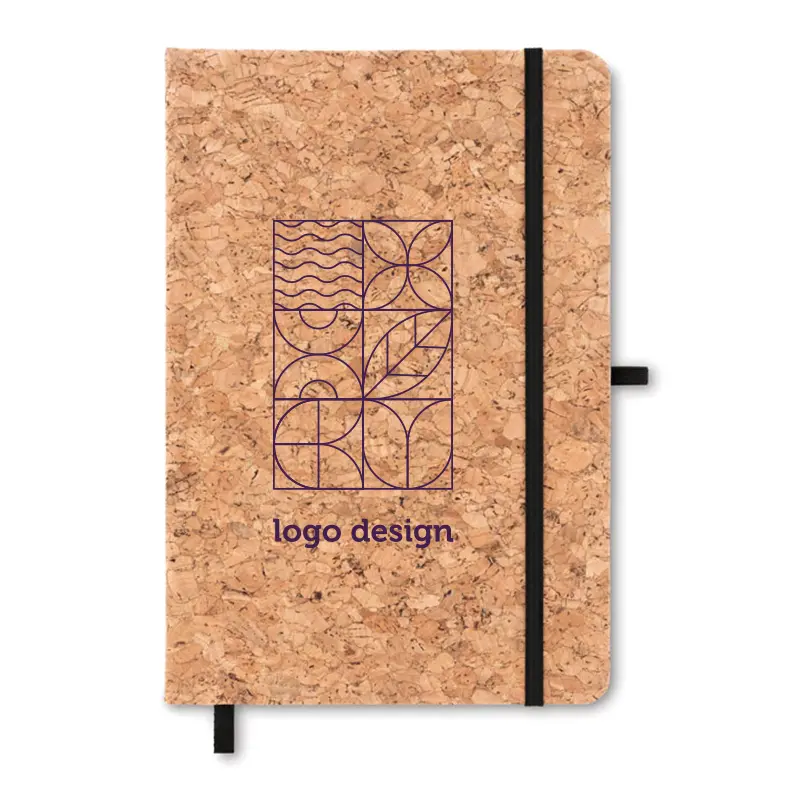
Cork is sustainable because no trees need to be cut down. Only the bark of the cork oak is harvested, after which new bark naturally grows back. This makes cork an efficient, renewable resource that also produces no waste. In fact, cork is both recyclable and biodegradable. Our cork notebooks are therefore highly recommended.
4. Wheat straw
As the name suggests, wheat straw is made from the leftover stems after harvesting wheat grain. Normally, these stems are burned, which causes air pollution. When used, however, they come from a renewable source, as wheat grows back every year. When wheat straw is combined with (sustainable) plastic, it creates a strong material – perfect for wheat straw pens. That way, you can enjoy writing with them for a long time!
5. RPET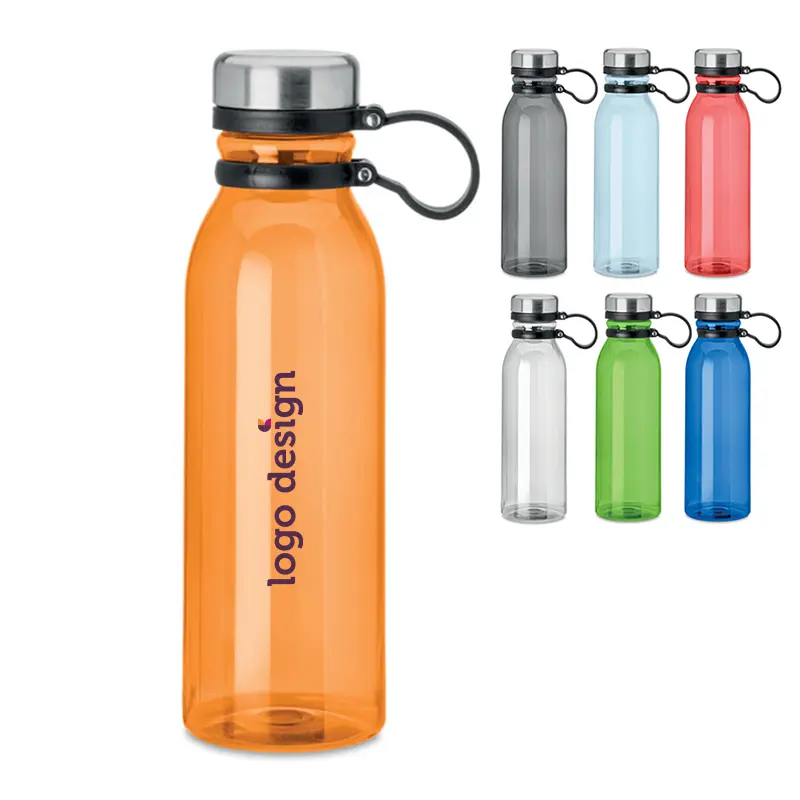
Recycled plastic, or RPET, reduces the use of fossil fuels in production. It also results in lower CO2 emissions and less water consumption compared to conventional plastic. And what about all those millions of PET bottles that, instead of floating around in the plastic soup, are now given a second life? A popular example is our RPET water bottle.
-2.webp) 6. Cotton
6. Cotton
The sustainability of cotton is increasingly being questioned – and not without reason. Growing and producing cotton requires a great deal of water. However, almost the entire cotton plant is used during harvesting, which means little goes to waste. In addition, the material is always natural and biodegradable. When cotton is Fairtrade or GOTS certified, you are assured of fair trade. Greengiving offers an extensive range of cotton bags.
7. Recycled cotton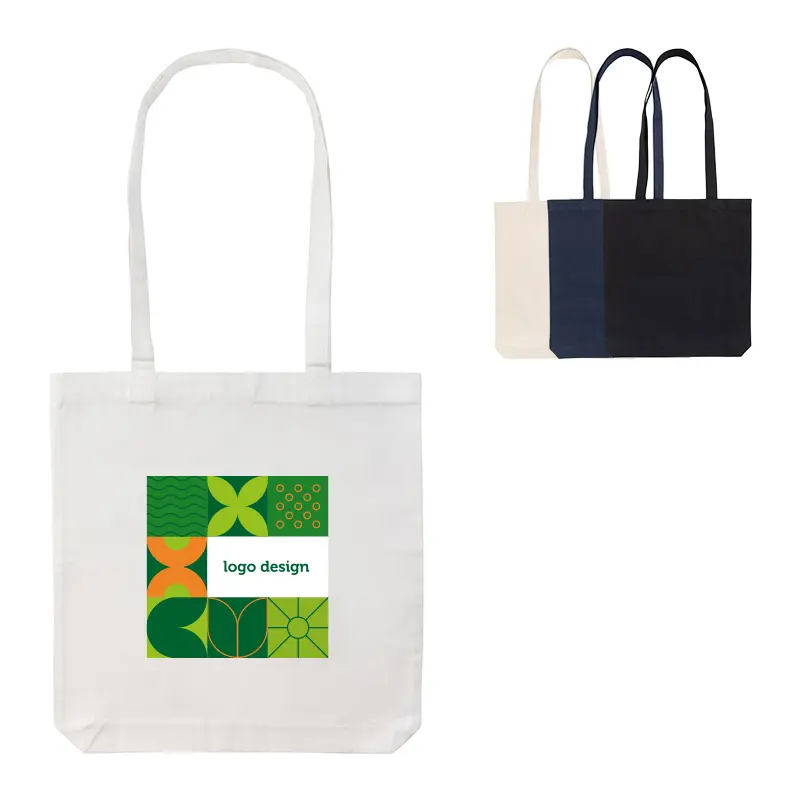
There is now an even more sustainable option for cotton: recycled cotton. This is made from offcuts of clothing or other items from the textile industry – material that would otherwise be thrown away. By reusing these offcuts, beautiful new products can be created. The advantage: no new cotton needs to be planted or harvested, saving hundreds of litres of water. Take a look at our recycled cotton bags.
-2.webp) 8. Jute
8. Jute
Jute fibres come from a plant in which the outer stem and bark are used in production. After just 4 to 6 months of growth, the jute plant is ready to be harvested and also delivers a high crop yield. An efficient and very strong raw material indeed! In addition, like bamboo, jute requires no pesticides or fertilisers and even improves soil fertility. Add to that the material’s durability and abrasion resistance, and you have the perfect sustainable choice for business gifts. For example, take a look at our jute bags.
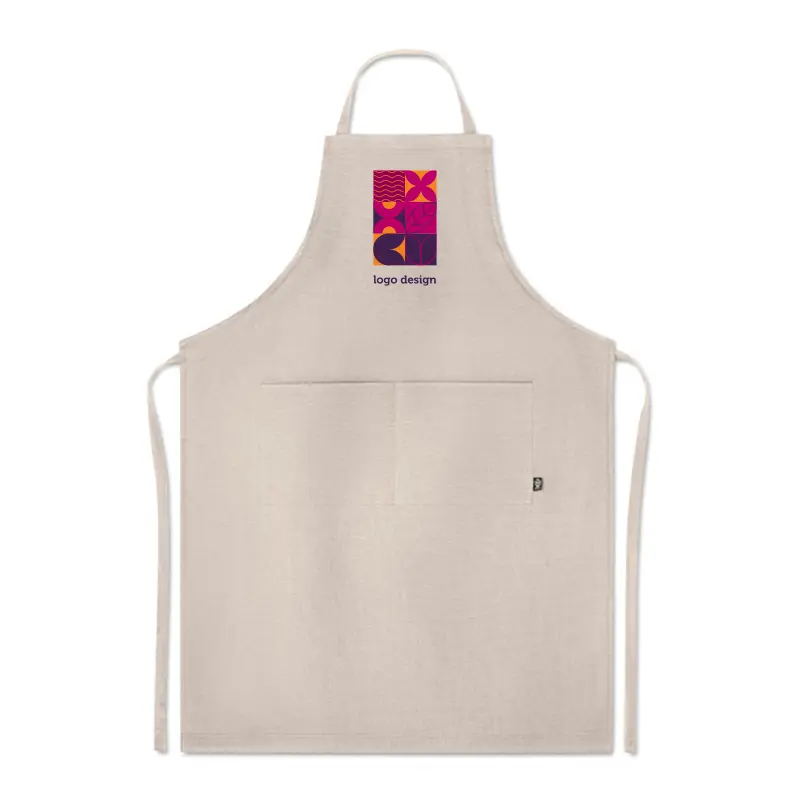 9. Hemp
9. Hemp
Hemp is becoming increasingly popular for clothing and aprons. The hemp plant grows very quickly and easily, producing exceptionally strong fibres. It also has a low ecological footprint. Almost all parts of the plant can be used, for example for textiles, rope, and paper. In terms of durability, hemp clothing is a sustainable choice, as the strong fibres make it long-lasting. In addition, the fabric is breathable and moisture-absorbent.
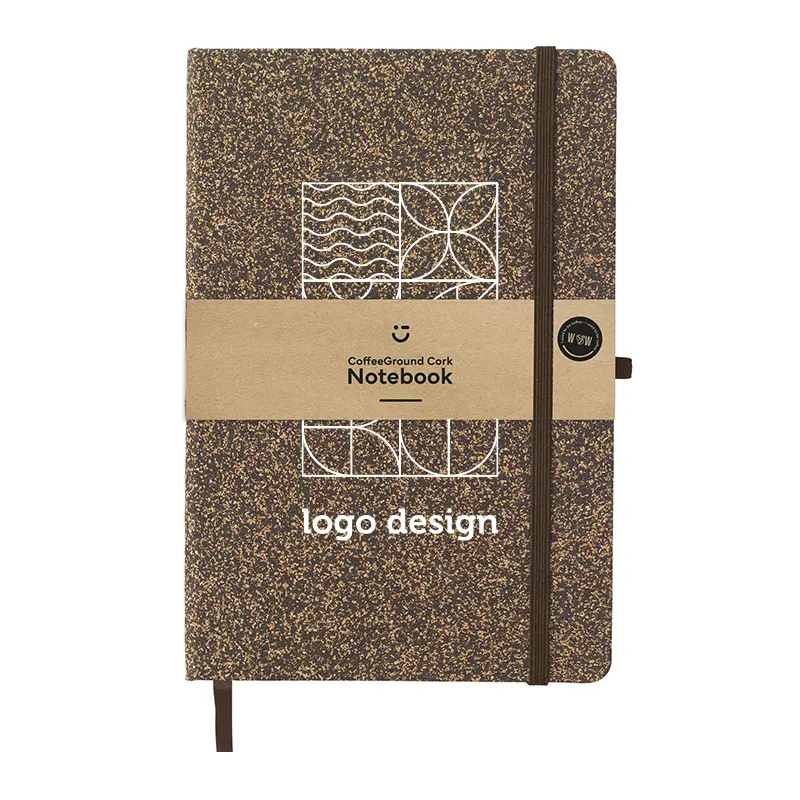 10. Coffee grounds
10. Coffee grounds
A material you might think nothing could be made from – but quite the opposite is true. Coffee grounds or coffee granules are a by-product of every cup of coffee brewed. With the world consuming around 400 billion cups of coffee each year, that adds up to a huge amount of grounds. Instead of throwing it away, it can be recycled into everyday items such as notebooks – helping to reduce the waste pile!
Other materials
By now, you should have a clearer idea of what each material is and how it is made. At Greengiving, many of our business gifts are made from one (or more) of these materials. But we also offer products made from other sustainable options, such as PLA corn, recycled stainless steel, recycled aluminium, recycled felt, milk cartons, canvas, glass, ceramic, stone paper, wheat straw, and sugarcane.
Need help?
Looking for a great product made from a specific material? Simply type the material into the search bar and you’ll see a wide range of products made from it. Not sure which option suits you best? Feel free to get in touch with our product specialists – they’ll be happy to help!
Follow us on social media
Be the first to hear about our news
Popular blogs
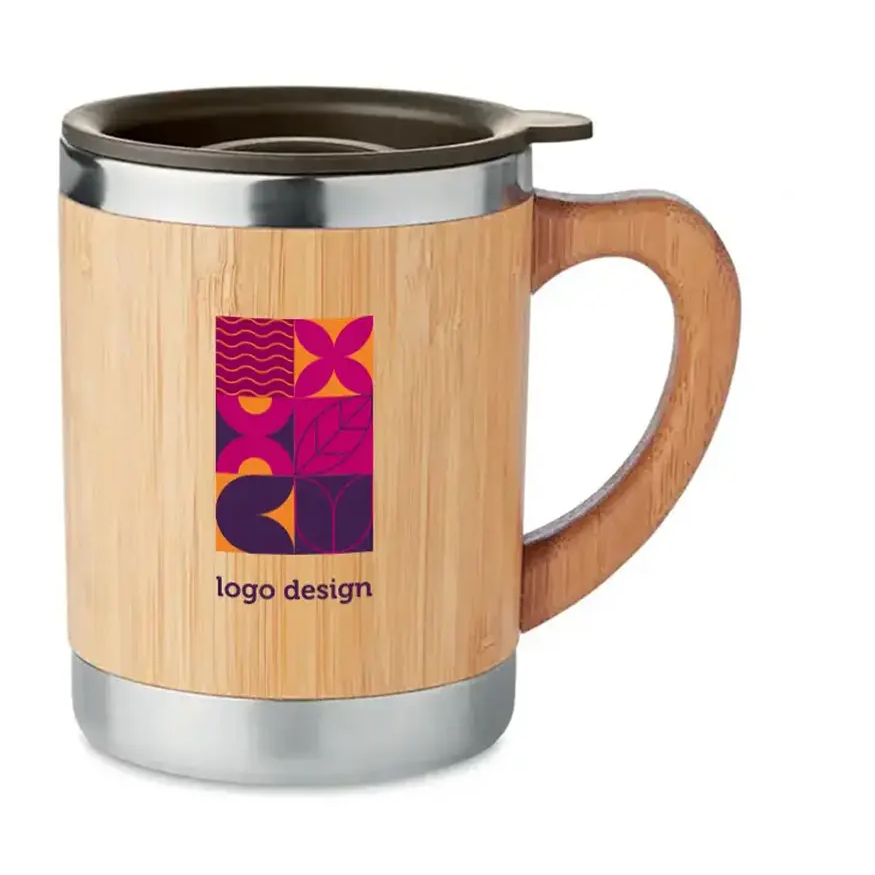
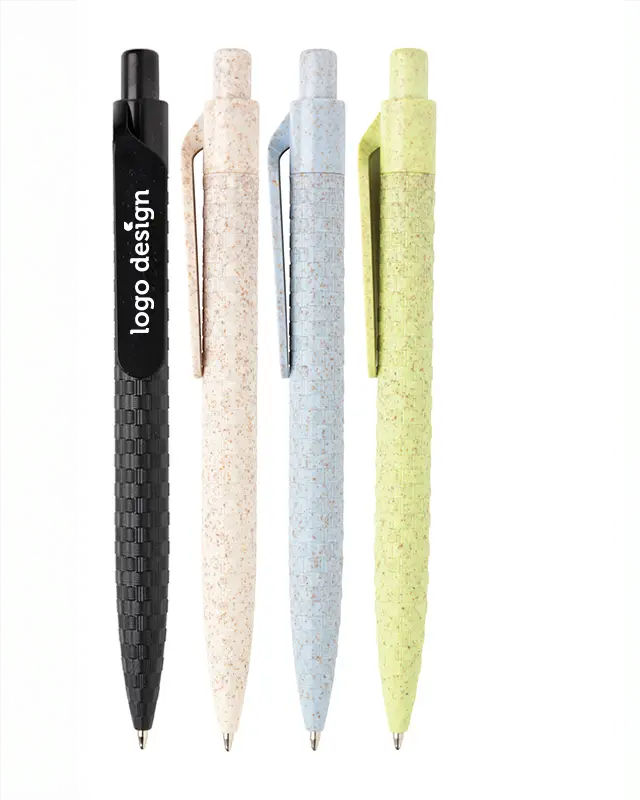

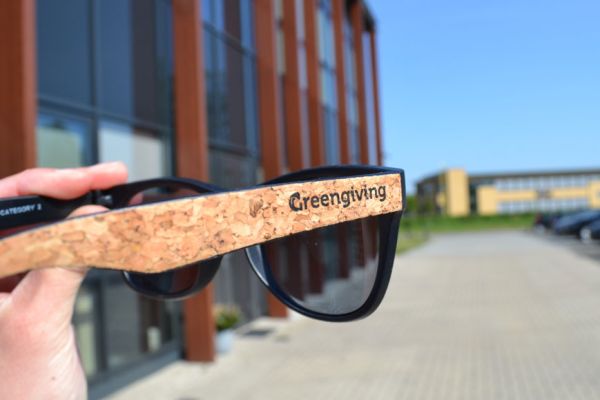
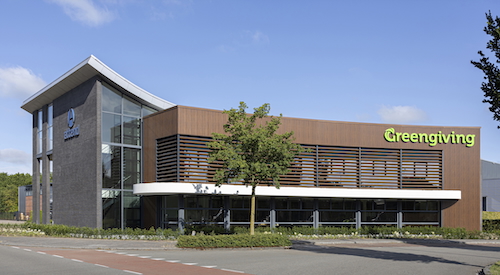

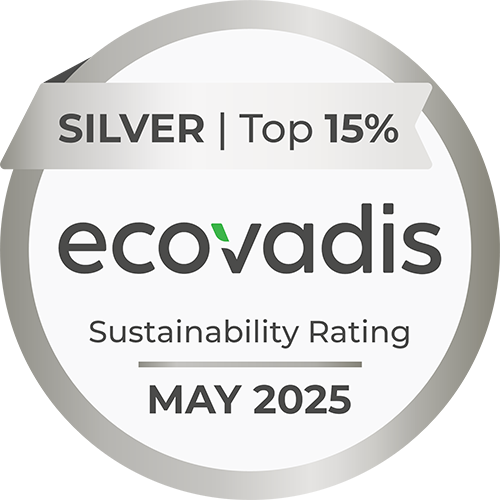
.jpg)